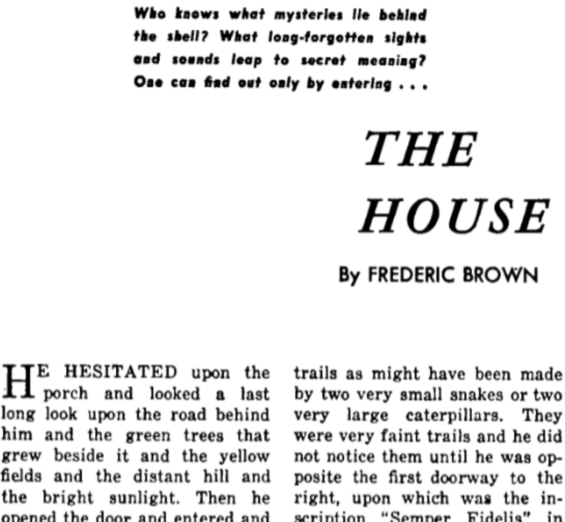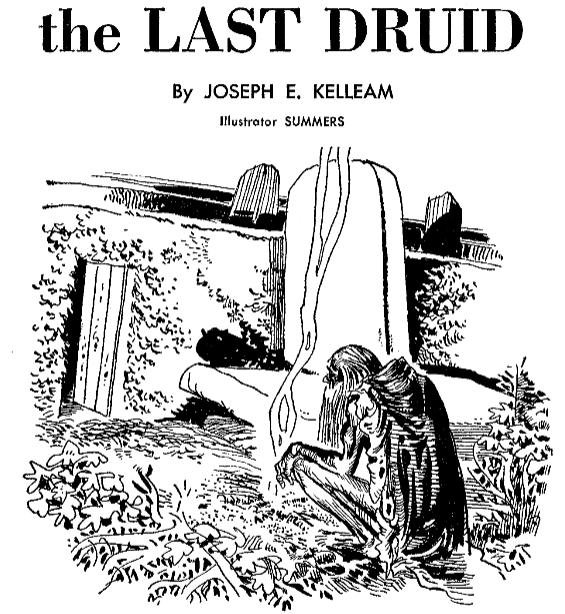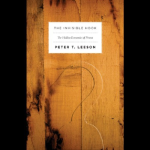
 The SFFaudio Podcast #289 – Jesse, Jenny, Tamahome, and Paul Weimer talk about NEW RELEASES and RECENT ARRIVALS.
The SFFaudio Podcast #289 – Jesse, Jenny, Tamahome, and Paul Weimer talk about NEW RELEASES and RECENT ARRIVALS.
Talked about on today’s show:
A $10 bounty on The House by Fredric Brown, a $10 bounty on The Last Druid by Joseph E. Kelleam, Thomas Pynchon’s masterpiece Gravity’s Rainbow finally in audio, compare Samuel R. Delany’s Dhalgren, William Gibson’s The Peripheral, we bet Fred Kiesche has read it, The Fire Seekers by Richard Farr, Time’s Edge by Rysa Walker, reminds Paul of Charles Stross’s Merchant Princes books, Tad Williams’s Otherland series (a favorite of Paul’s), compare to Vernor Vinge’s True Names, Second Life, Otherland has some disabled characters — Special Needs In Strange Worlds, Nnedi Okorafor’s Goodreads Otherland review, Jesse’s not a series guy, The Book of Strange New Things by Michel Faber, Mary Doria Russell’s The Sparrow, the spoiler horn, Willful Child by Steven Erikson, not Paul’s favorite, The Enemy of an Enemy by Vincent Trigili, the description is missing the “but”, Horatio Hornblower type series, The Night Terrace (Audio Drama) Nightterrace.com, Spark by John Twelve Hawks, Cotard’s syndrome makes you a good assassin, origin of his pen name, Hawks’s nonfiction Against Authority, Chimpanzee by Darin Bradley, possible mashup?, China Miéville’s New Crobuzon series, The Slow Regard Of Silent Things by Patrick Rothfuss, is his prose like dark chocolate like a fan said on The Geek’s Guide To The Galaxy podcast?, Heraclix and Pomp by Forrest Aguirre, combining two reviews, Dead But Not Forgotten by Charlaine Harris (Editor), the True Blood tv show, “small town fantasy”, Shadow of the Ancients by Pierre Grimbert (translated from French), genre books from other languages are cool, Tam likes French comics (Moebius), Visitors by Orson Scott Card, not a Pathfinder tie-in, Pathfinder vs. Dungeons and Dragons explained by Paul, Of Bone and Thunder by Chris Evans, Shaman, Healer, Heretic by M. Terry Green, Scalped comic was a bit grim, The Snowden Files by Luke Harding, Snowden’s politics, Collapse by Jared Diamond, societies ending, The Dream-Quest of Unknown Kadath by H. P. Lovecraft, The Statement Of Randolph Carter Sffaudio readalong, The Vines by Christopher Rice, Rice’s photo gallery, Anne Rice’s son, 20,000 Leagues Under the Sea by Jules Verne, Jesse’s not that into it, The Island Of Doctor Moreau audiodrama, Robert Sheckley audiobook releases, The Story of English In 100 Words by David Crystal, G. Willow Wilson’s Ms. Marvel No Normal is in Jersey City

Posted by Tamahome


 The World Until Yesterday: What Can We Learn from Traditional Societies?
The World Until Yesterday: What Can We Learn from Traditional Societies?








